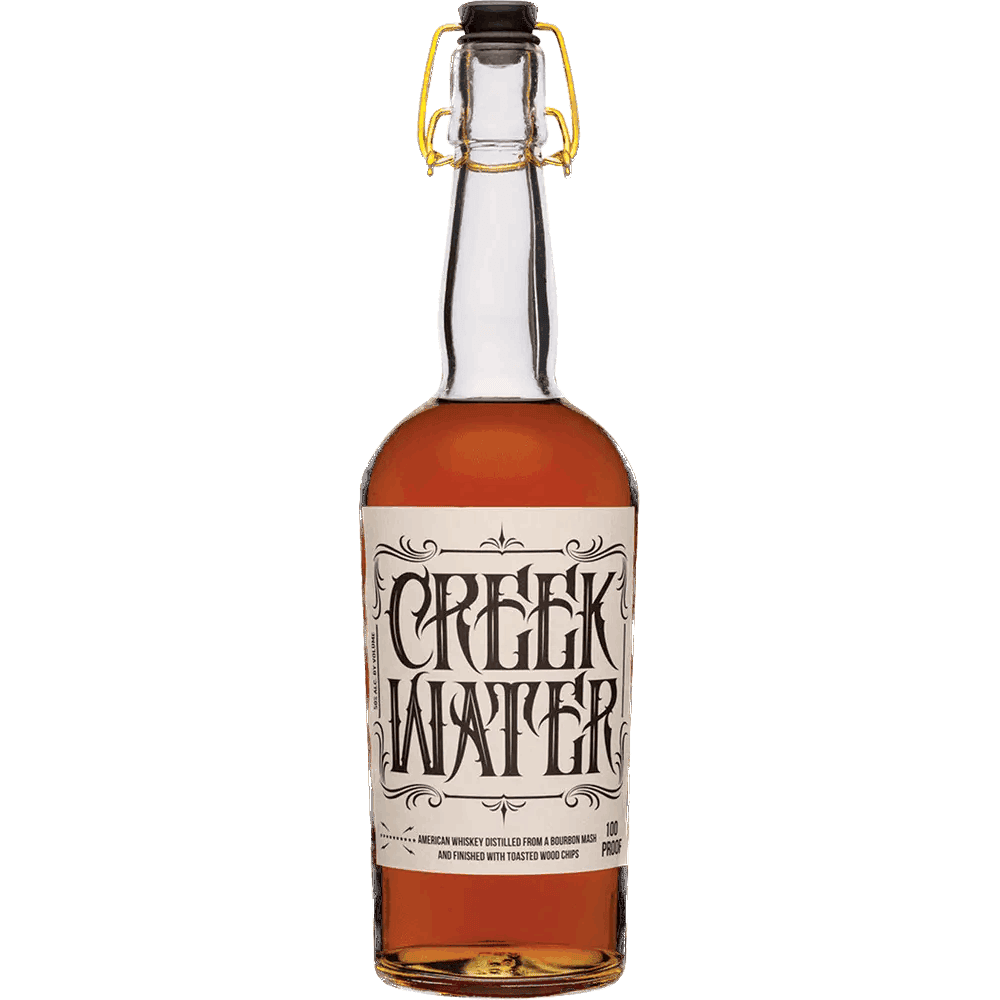
Creek Water Whiskey
Discover the Essence of Creek Water Whiskey
Embark on a flavor journey with Creek Water Whiskey, a distinctive spirit crafted in the heart of Durham, North Carolina. This American whiskey combines traditional methods with local artistry to create a beverage that is as rich in taste as it is in history.
Unique Composition
Creek Water is formulated with a carefully balanced mash bill consisting of:
- 75% Corn
- 21% Rye
- 4% Malt
This unique blend results in a smooth yet complex flavor profile, setting it apart from traditional whiskeys.
Aromatic Experience
As you pour a glass, be enchanted by the inviting aromas of:
- Tobacco
- Maple Syrup
These delightful scents create an immersive experience, welcoming you to savor each sip.
Visual Appeal
With its deep copper color, Creek Water Whiskey is not only a treat for the palate but also a feast for the eyes. This striking hue hints at the richness and depth that await.
Key Features
- ABV: 50%
- Origin: United States
- Type: American Whiskey
- Style: Whiskey
Enjoy Responsibly
As you indulge in the complexities of Creek Water Whiskey, please remember to drink responsibly. Be aware that consuming distilled spirits and alcoholic beverages may pose health risks.
Elevate your whiskey experience with the bold and exquisite Creek Water Whiskey—a true reflection of Southern craftsmanship.

Explore a World of Spirits and Liquor through our Comprehensive FAQ Section.
Discover a World of Spirits and Liquor in our Helpful FAQ Section.
Types of Spirits
- Whiskey: Made from fermented grain mash and aged in wooden casks.
- Vodka: Typically distilled from grains or potatoes and known for its clear, neutral flavor.
- Rum: Produced from sugarcane byproducts like molasses or sugarcane juice.
- Tequila: Made from the blue agave plant, primarily in the area surrounding Tequila, Mexico.
- Gin: Distilled with botanicals, primarily juniper berries, giving it a distinctive flavor.
Production Process
- Fermentation: The process where yeast converts sugars into alcohol.
- Distillation: Separating alcohol from the fermented mixture to increase its concentration.
- Aging: Storing spirits in barrels to develop flavors over time.
Tasting and Pairing
- Tasting Notes: Learn to identify different aromas, flavors, and textures.
- Food Pairings: Discover which spirits complement various dishes, enhancing the dining experience.
Cocktails and Mixology
- Classic Cocktails: Recipes and techniques for making popular drinks like the Old Fashioned, Martini, and Mojito.
- Mixology Tips: How to balance flavors and create your own cocktail recipes.
History and Culture
Origins: The historical background of different spirits.
Cultural Significance: How spirits are enjoyed and celebrated around the world.

